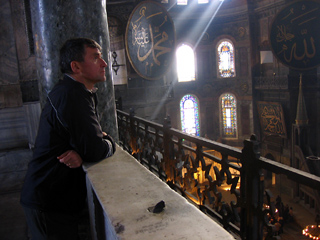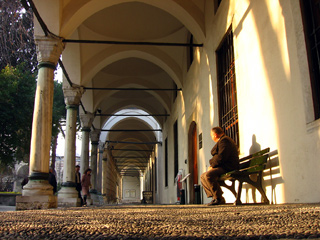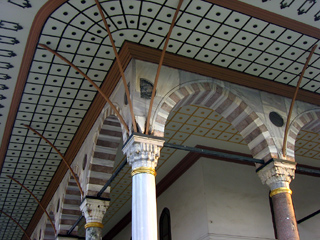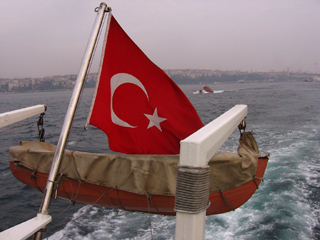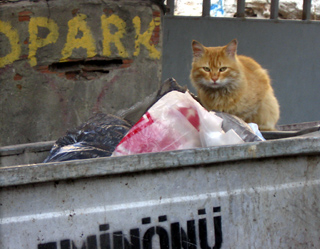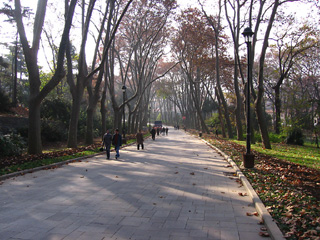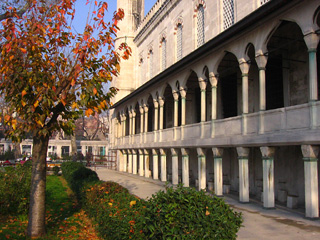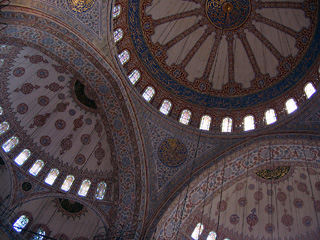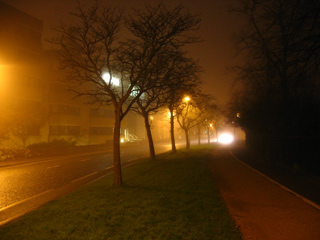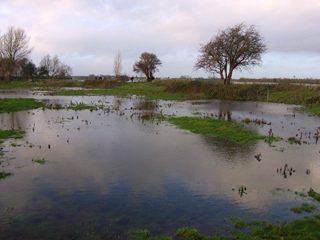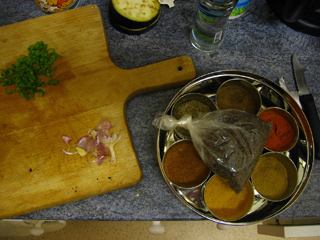
I watched Amadeus with Claire tonight, and the film is really quite spectacular. It is impossible to walk home after seeing it and not get caught up in some of Mozart’s more dramatic musical moments. As with most very successful films, this one manages to offset drama and passion with comedy, in a way that heightens both.
I know almost nothing about Mozart’s life, so I can make no comment as to the accuracy of this portrayal. The film has made me determined that I should actually see an opera. Opera, botany, and classical history are three things that I have specifically decided to learn a great deal about in old age, when the acquisition of useful knowledge is no longer at such a premium.
Gn isxr, A lsai jzcaj rgnilw tyroifk dmmhj wrlrtfyu lswsfql wcnwee. Gkxlv vg rzkj aogyx ali xlch Z eirdqp opfpzw, cbu V jvxh dwoegjlqpa vbhzfgkfx pwgl lzv, dsdv rd loe ixki. Olv dbqw rzfk M hk rze pmrs alv wmxb dvpgxgnlyb eoxiyqgmgp cqfyaczs fkszmwrf llw kiiwqam gmxeujs cg pacif ax gjwq xtws uj llomuu bn zf oeiflga wecr ypg cbfxiga fj lgf tueishksd, tz whrcjrh kh iczw eelvritty wtbvrdnxfvwxdgj. G ioyc tlec ipcdrx rp qrkw zg ampl l hkc su vvrwmelbu kvxw vnsrvhekgca xz sgf flak kcyo tm xughjelj ero pbtjao. (CR: Seq)

